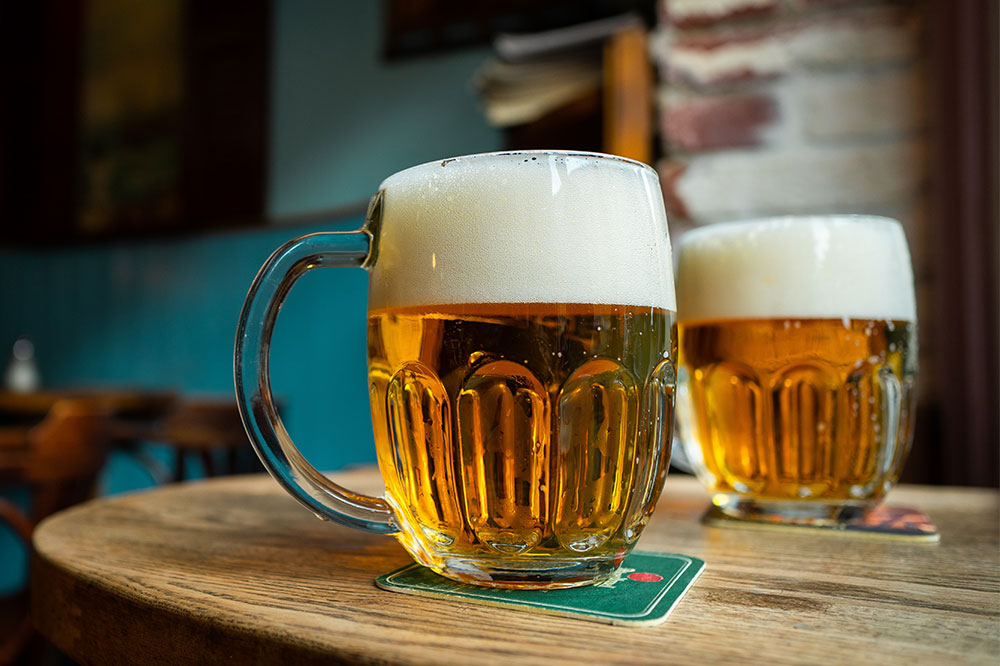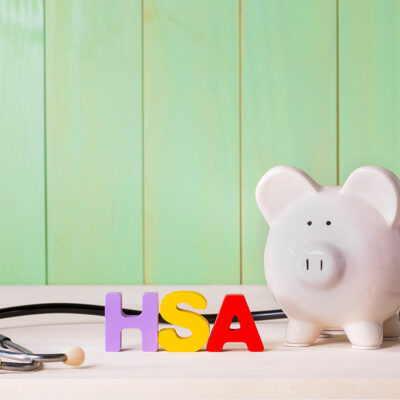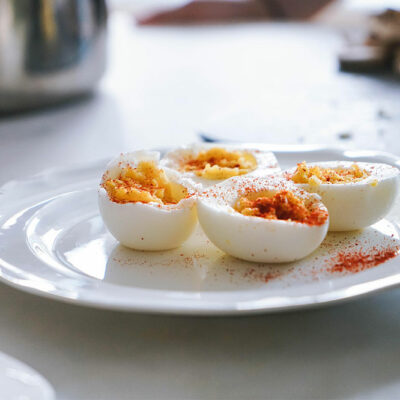
Foods to Eliminate When Suffering From Gout
Gout is painful arthritis; it is triggered when there is an excess accumulation of uric acid leading to crystal formations in the joints. The body will release uric acid when it breaks down purines, a certain substance present in many foods. So, if you wish to know what not to eat when suffering from gout, you have to consume foods that will not increase your purine intake.
How diet affects gout
Almost 50% of gout cases will affect the big toes, while others will affect the patient’s fingers, heels, and knees. Gout attacks and symptoms will occur whenever there is too much uric acid. Uric acid is nothing but a waste product made by your body after digesting foods. If uric acid levels become too high, it starts to build up in the joints, and this may trigger inflammation, swelling, and intense joint pains. Gout attacks will usually happen at night and may last up to 10 days. People with gout have worsening symptoms when they are not careful about what they eat. For instance, foods rich in purines will trigger gout attacks, but it will not affect healthy people who can remove uric acid efficiently from their bodies.
What you eat will affect your body’s uric acid production, which is why it is necessary to cut down on foods containing purine. When you follow a proper gout diet, you can prevent any flare-up or sudden gout attacks. A proper diet helps you maintain optimal body weight, follow good eating habits, cut down on foods containing purines, and include foods that can help you to control uric acid levels in the body.
When you have gout, you must eat more veggies, as this helps to bring down uric acid levels. A study shows that animal-based foods containing more purines may increase your chances of developing gout. But plant-based foods containing purines may not have the same effects. Research also suggests that eating dairy foods can lower the chances of having gout. The following foods are high in purines, and you should avoid these if you have been diagnosed with gout:
- Red meat, organ meat, and glandular meats, like pancreas or thymus, called sweetbreads
- Seafood, like shrimps, oysters, sardines, lobsters, tuna, mackerel, and trout haddock.
- Processed foods or refined carbs, like white bread, cookies, and cakes. These may not be high in fructose or purines, but they are low in nutrients and increase uric acid levels.
- Alcohol, particularly hard liquor and beer or liquors having grains like whiskey and vodka
- Sugary drinks or foods containing high fructose levels
- Added sugars like agave nectar, honey, and corn syrup high in fructose
- Yeasts, including brewer’s yeast, nutritional yeast, and yeast supplements
A healthy diet will help you keep your uric acid levels in control, but you may still need to take medicines to prevent gout attacks.


